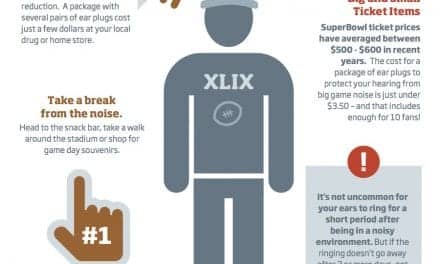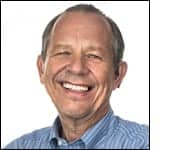After 2 years, the 20-member Task Force on Health Care Careers for the Deaf and Hard-of-Hearing Community has released recommendations to overcome the barriers that prevent those individuals from entering and succeeding in health care careers.
Despite the creation of the Americans with Disabilities Act (ADA) more than 20 years ago, the task force found that less than 6% of deaf or hard of hearing individuals work in the health care industry, while nearly 10% of hearing individuals work in health care.
Educational challenges, the costs associated with interpreters and other access services, attitudinal perceptions among prospective employers, and the lack of technology to make training accessible in the workplace are some of the reasons for the disparity, according to the task force.
Among other findings:
- The health care industry is expected to increase 22% and generate 3.2 million new jobs through 2018, more than any other employment sector.
- Proposed solutions to break down the barriers include improvements in health care-related educational and employment opportunities for deaf and hard-of-hearing individuals, employer awareness programs, and the widespread use of innovative access technologies along with creative approaches for funding access services.
- Also recommended are the creation of a website to act as a clearinghouse for information on programs and available resource and internship opportunities for students and prospective employers; program development to share best practices in teaching deaf and hard-of-hearing students in the classroom and clinical settings; and the establishment of a national advisory group to accomplish long- and short-term goals suggested by the task force.
The project included a collaboration among Rochester Institute of Technology/National Technical Institute for the Deaf (RIT/NTID), Gallaudet University, University of Rochester Medical Center, and Rochester General Health Systems.
"One of the major challenges facing us now is the critical shortage of health care specialists at all levels of training to care for the citizens of our nation, and that challenge coincides with another, much lesser-known serious challenge: the limited opportunities for qualified deaf and hard-of-hearing individuals in this country to pursue careers in health care," says Congresswoman Louise Slaughter (D-NY), who announced the formation of the task force in 2010. "The findings of this study present win-win situations for the health care industry and for deaf and hard-of-hearing individuals, which is why I am so proud of NTID and Gallaudet for their dedication."
Details of the task force’s report are available here.
SOURCE: Rochester Institute of Technology/National Technical Institute for the Deaf




